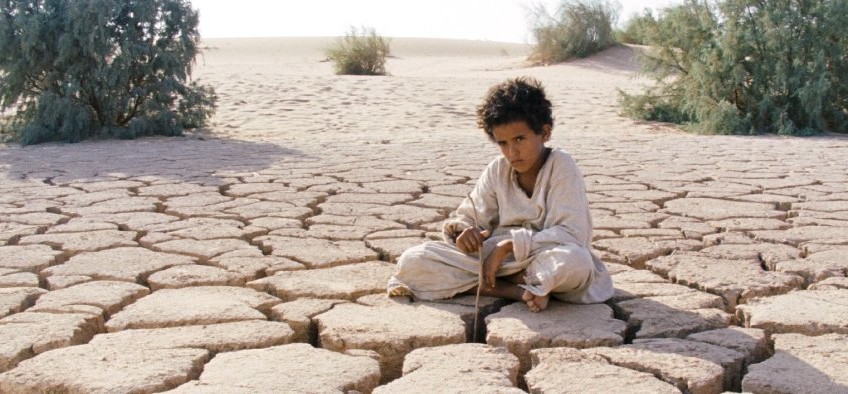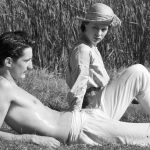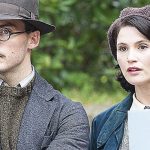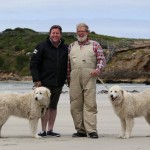Joyce Glasser reviews Theeb
Common sense would dictate that a first time feature director should not shoot in remote desert locations or make films with children, headstrong animals and non-professional actors, some of whom are illiterate and have never even seen a film before.
Thirty-four-year-old British-born Jordanian director Naji Abu Nowar, has pulled it off: but he refuses to show off his accomplishment, giving us instead an understated, poignant film free of CGI and gimmicks. Beautifully shot entirely on location in the Wadi Rum and Wadi Araba in Jordan by cinematographer Wolfgang Thaler, Theeb is an engrossing coming-of-age story, rooted in a dying Bedouin culture, but set against the backdrop of Lawrence of Arabia’s World War I.
The eponymous Theeb (Jacir Eid) is the youngest son of a traditional Bedouin family living in the desert in the Ottoman province of Hijaz during WWI. His father, a widely respected man, has recently died leaving Theeb’s beloved older brother Hussein (Hussein Salameh) and the elders in charge. Although Hussein teaches Theeb how to shoot a gun, the family live in peace, out of touch with the war that has now reached the Ottoman Empire.
Then one night a British officer (Jack Fox), bearing an uncanny resemblance to Lawrence of Arabia arrives at the Theeb’s tent accompanied by a Bedouin guide and translator, Marji (Marji Audeh). Theeb is transfixed by the officer, called Edward, and his mysterious case that is never out of his sight. Edward is willing to pay for a guide to lead him to a certain drinking well near a fort and the railway line that is changing life for everyone in the region.
It is a dangerous mission as Ottoman mercenaries, Arab revolutionaries and outcast Bedouin raiders roam the desert. But Bedouin law dictates that an honourable man cannot refuse to shelter a stranger who shows up at his tent asking for help. Hussein, who is the best tracker in the area, accompanies Edward and Marji. Angry at being left behind and separated from his brother, Theeb follows them to a well surrounded by craggy mountains where the three men have pitched camp. Their relative peace is suddenly destroyed when an armed group of men attack the campers leaving Theeb no choice but to grow up very quickly.
Nowar shoots the story through Theeb’s eyes, which imbues the film with authenticity and suspense. It also means that we get a subjective picture: what we learn and see is limited by what is of interest to Theeb. This natural disorientation is a brilliant touch, for it ensures that nothing in the film is predictable, except Theeb’s instinct to survive and honour his family. Theeb means wolf, an important animal in the Bedouin culture that is both feared and respected. If your name is Theeb great things are expected of you. The remarkable first-time actor Jacir Eid seems to know that.




